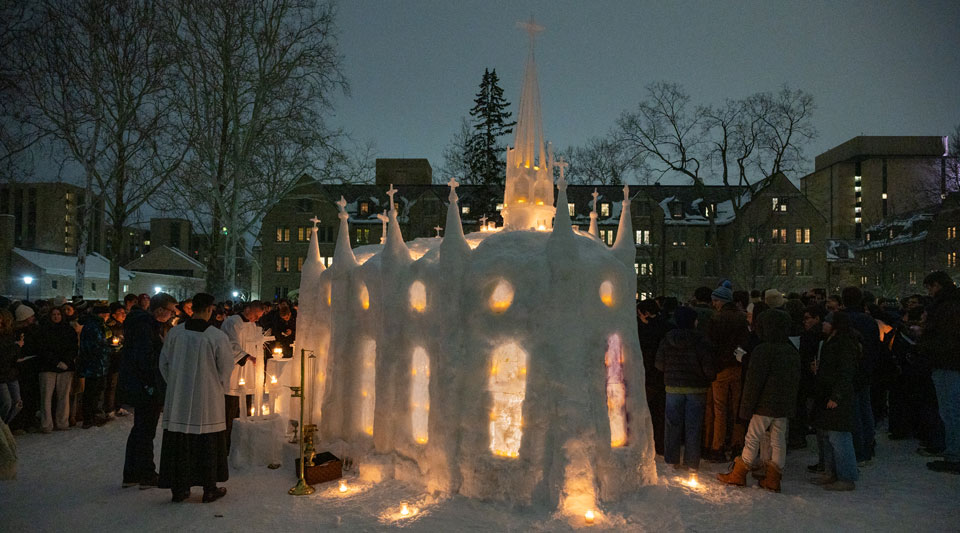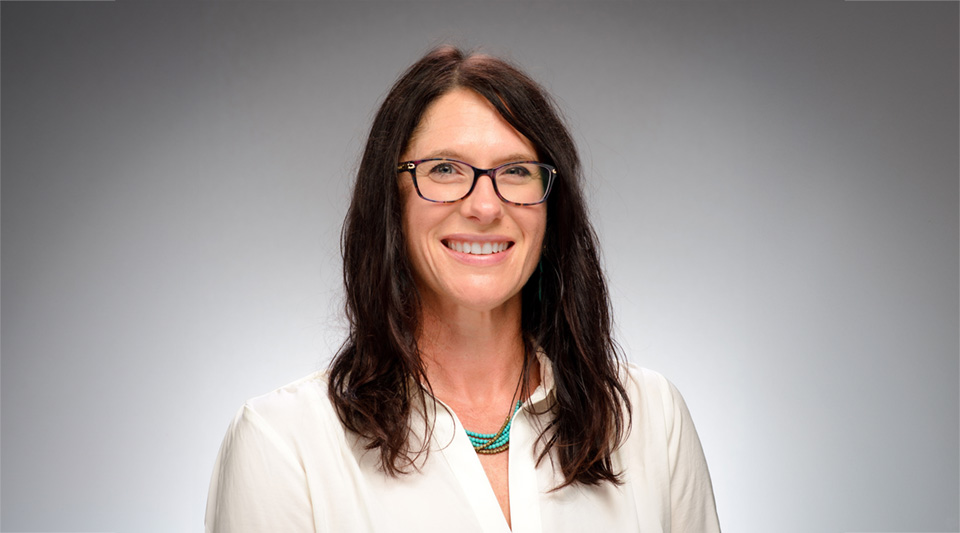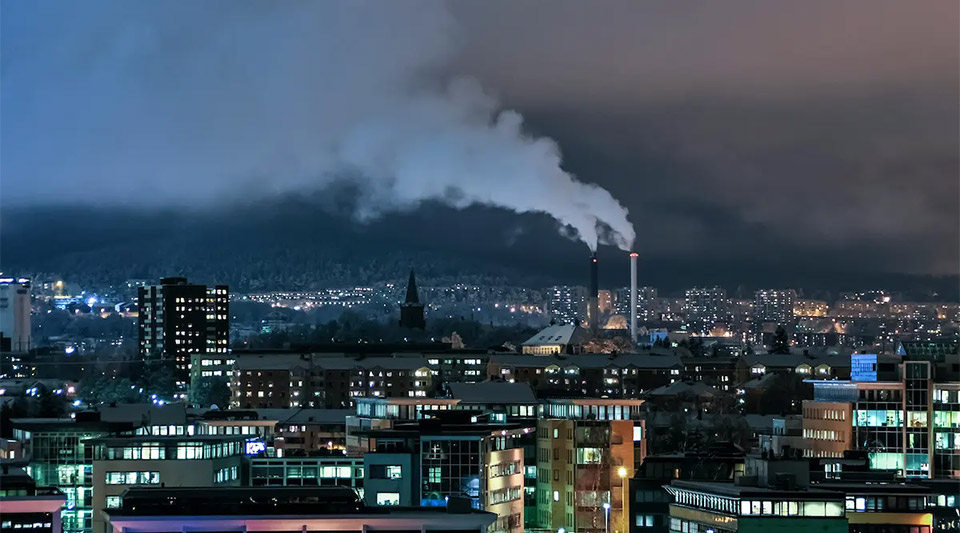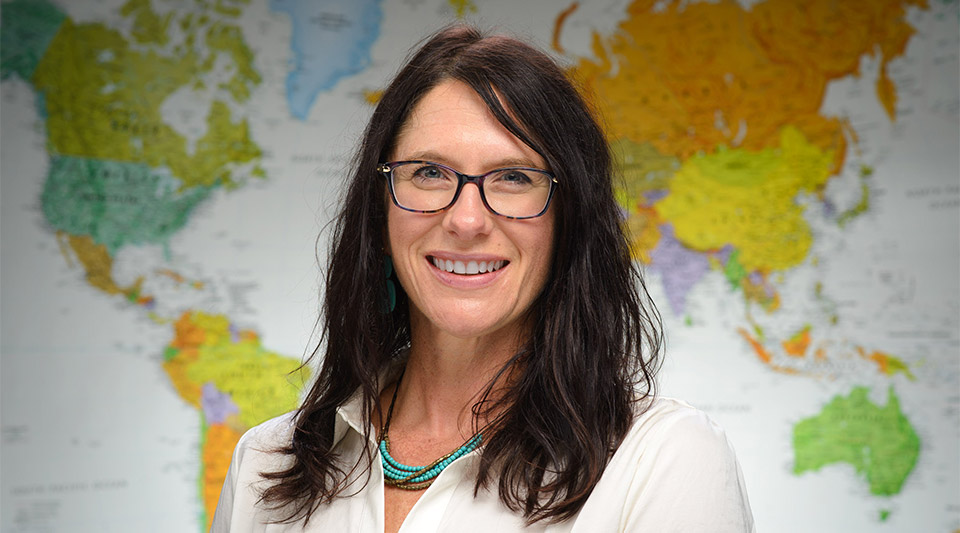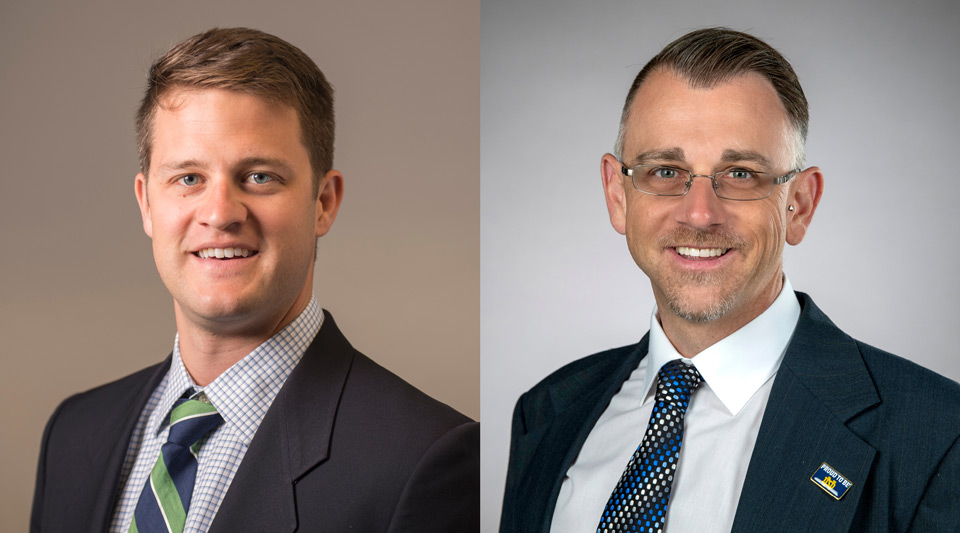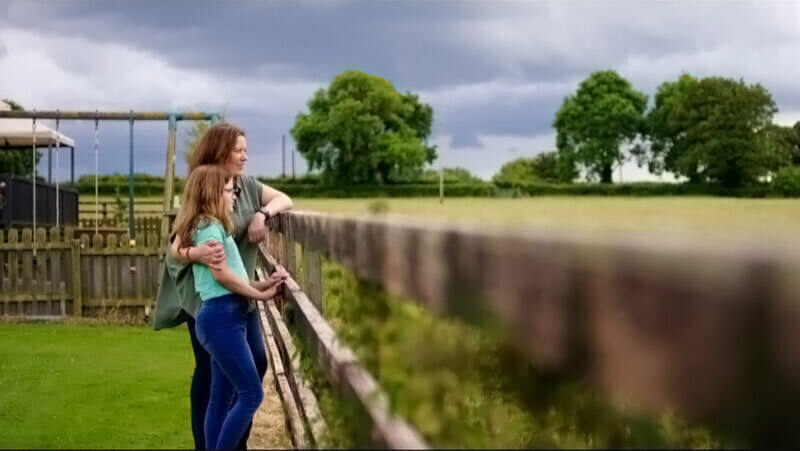Fighting to improve hurricane forecasts
Professor David Richter’s research is improving hurricane forecast accuracy, giving officials time to evacuate and protect residents.
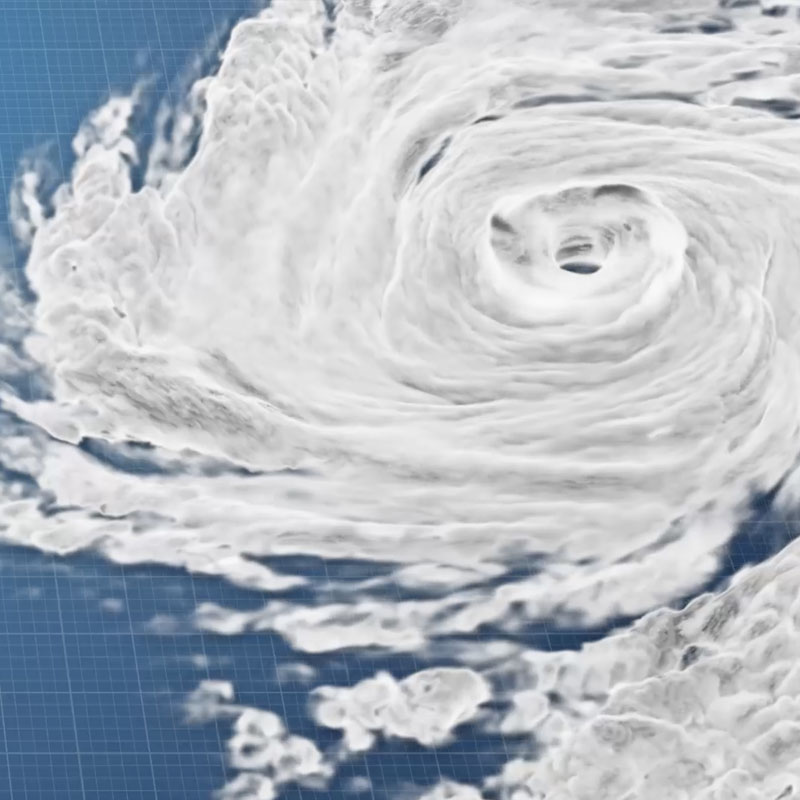
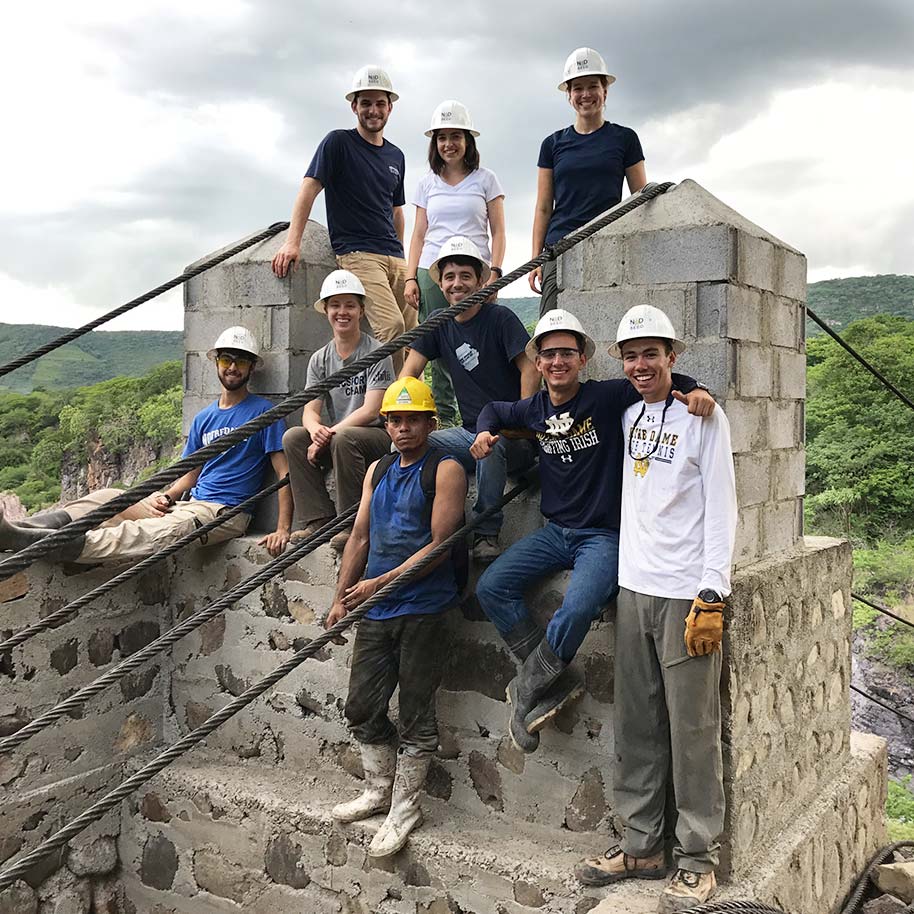
Civil and Environmental Engineering and Earth Sciences develops technologies that improve people’s well-being.
Won’t you join us? Learn about undergraduate and graduate degrees.
News
All NewsFind your area of interest
Search our site to find the people and programs that are building a better world.
Events
All EventsExplore Civil and Environmental Engineering and Earth Sciences
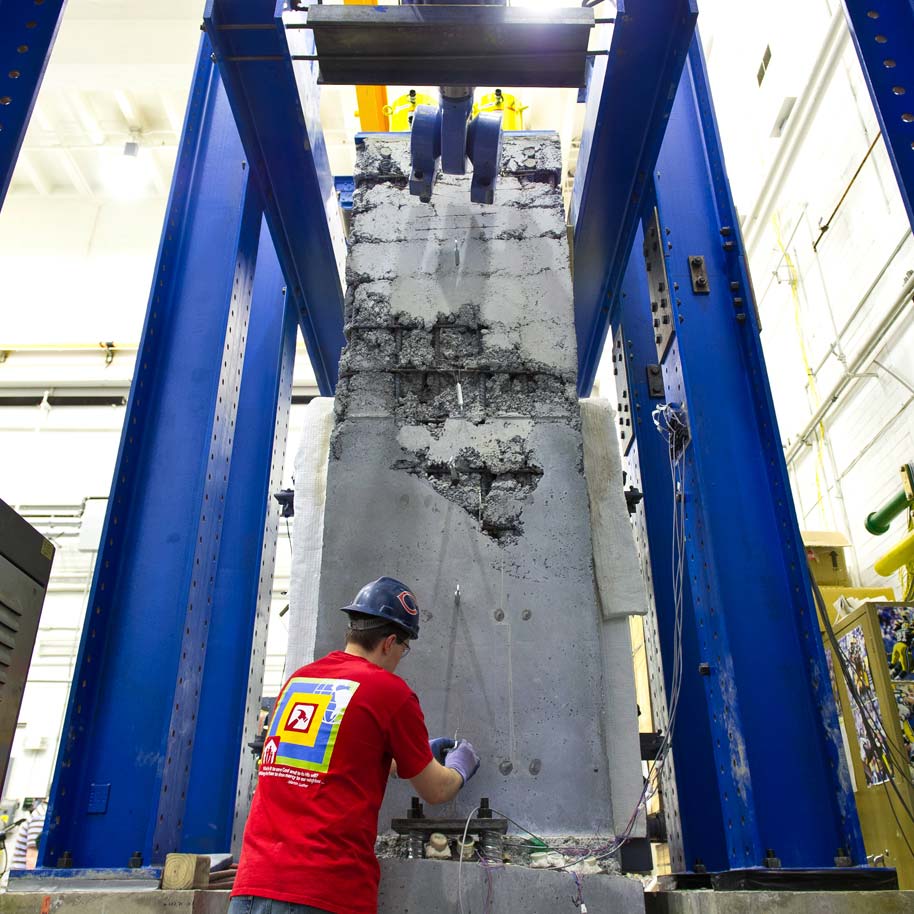
Research
Our faculty, graduate, and undergraduate students work on some of the world’s most challenging issues, including natural and manmade hazards; civil infrastructure; the environment; energy; water; and earth systems.
Students at all levels have opportunities to engage in research with significant practical and societal impact.
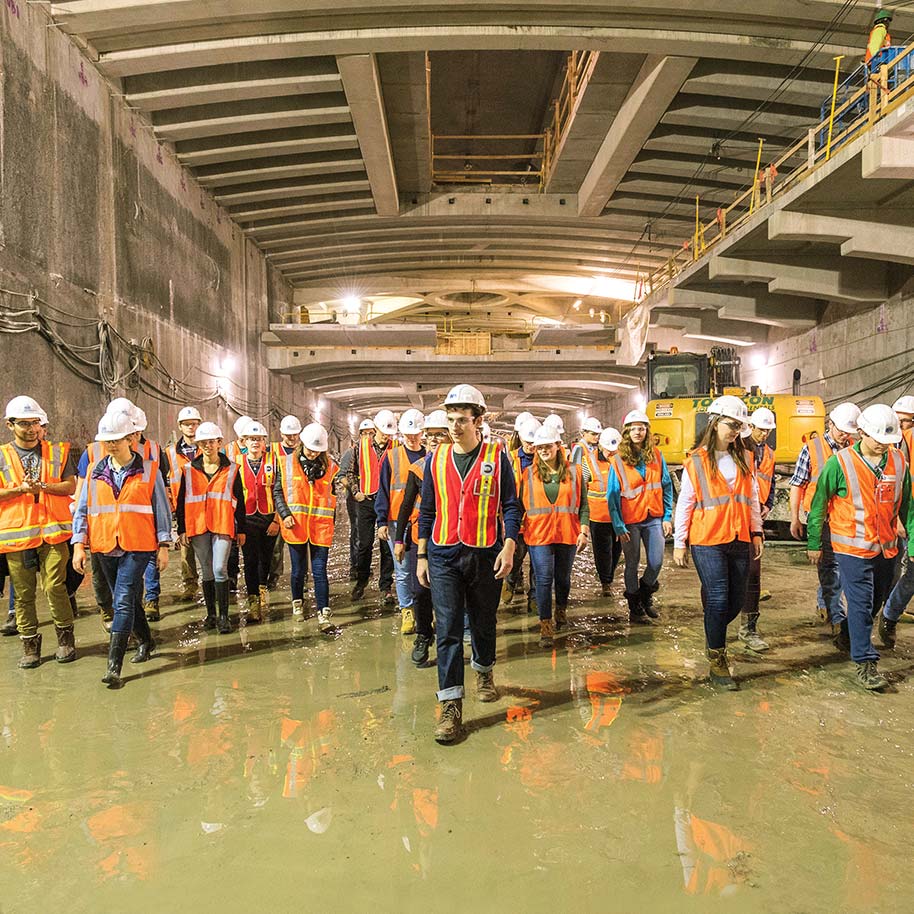
Undergraduate Programs
We offer undergraduate programs in Civil Engineering; Environmental Earth Sciences; and Environmental Engineering. As a student in one of these programs, you’ll be a part of a hands-on experience that involves field trips, undergraduate research, service projects, and national and regional project competitions.
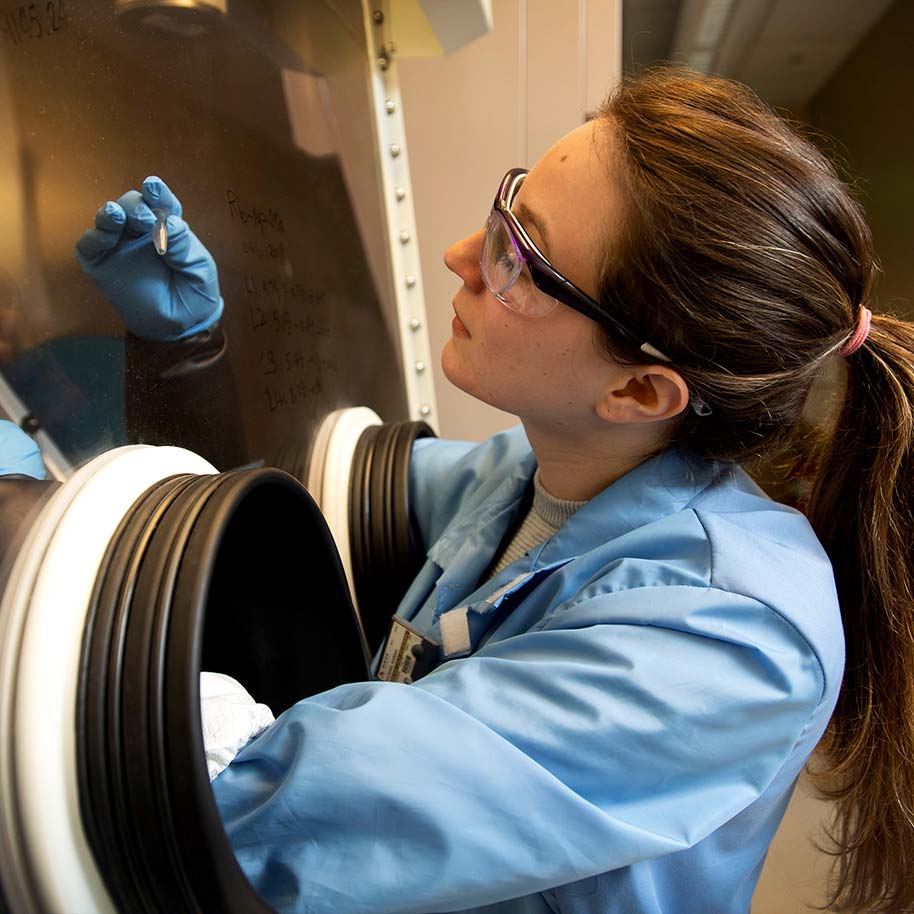
Graduate Programs
In our Ph.D. program, you’ll work with leading researchers in civil and environmental engineering, fluid dynamics, or earth sciences.
We also offer a Master of Engineering (M.Eng.) graduate program designed to advance engineering professional practice.
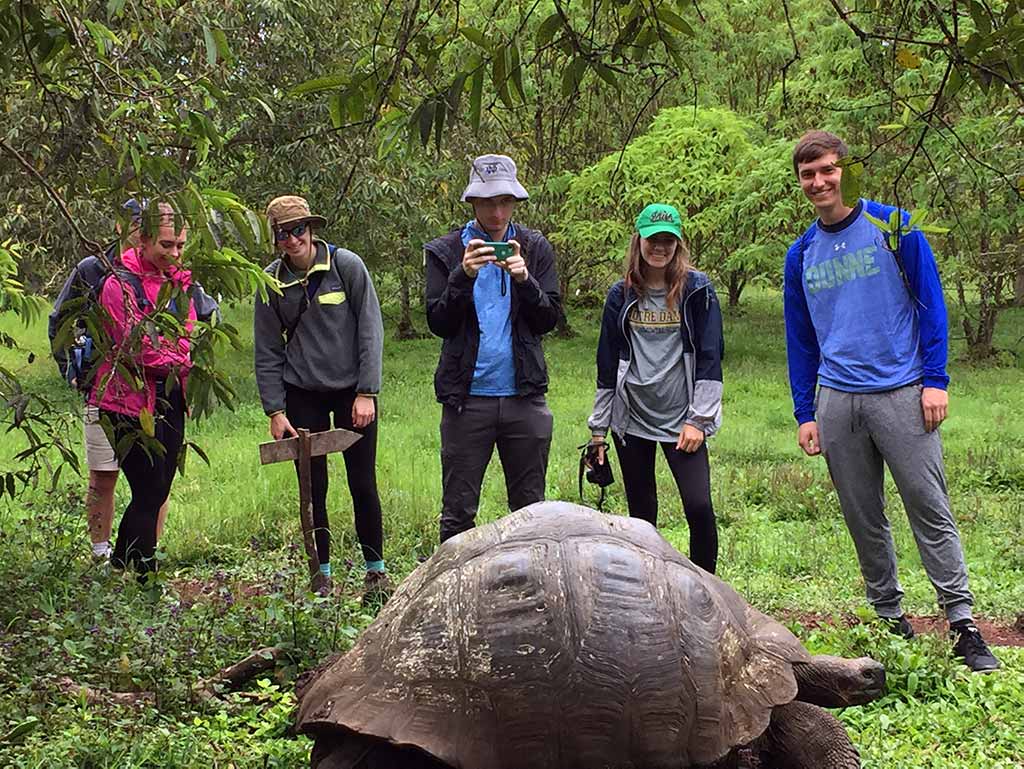
Field Trips
Field trips to places ranging from New Orleans and New York to the Midwest or Southwest U.S. and international locations (such as the Galapagos Islands) offer a first-hand look into your field of study and opportunities to meet and make connections with professionals in your field.
